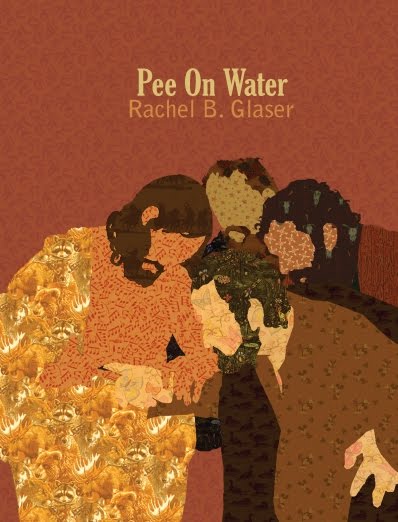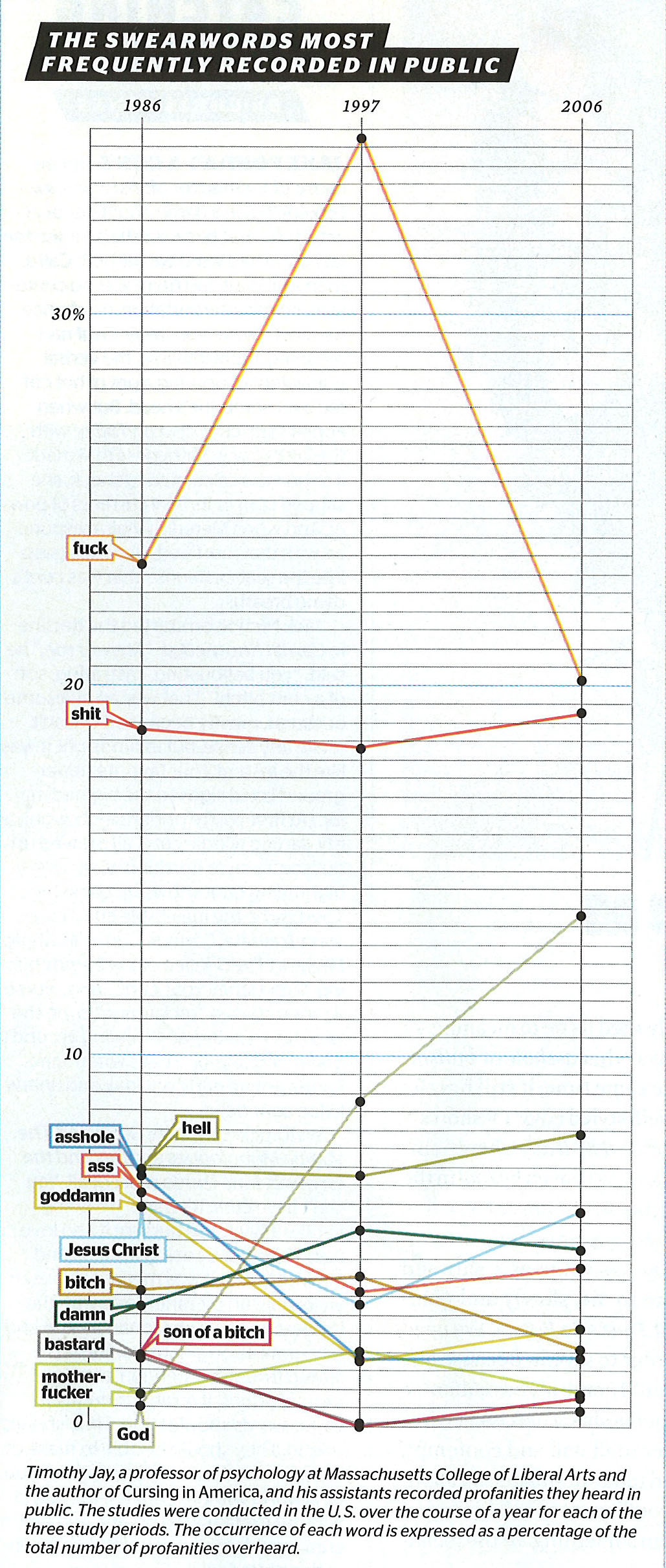
Lawrence Schimel is a prolific writer, editor and publisher living in Madrid, Spain. From erotica to ghostwritten biographies to children’s books, there’s seemingly nothing he cannot write. As publisher of A Midsummer Night’s Press, he is responsible for three imprints and he’s also a friend, like for real. We talk about his press, his writing and his life as an ex-pat writer. Won’t you listen in?
How did A Midsummer Night’s Press come about? Why that name?
When I was an undergraduate at Yale, there was a Vandercook letterpress in the basement of my dorm. I had already begun publishing in anthologies and journals, and I decided to publish a series of limited edition hand printed broadsides. I contacted some writers I already knew or had worked with (Jane Yolen, Nancy Willard, etc.) and asked them for poems, printing runs of 126 copies, 100 numbered which were available for sale and 26 lettered copies which were shared between the author and the press.
When I graduated, the press went on hiatus until 2007 when I started publishing commercially-printed, perfect-bound books.
As for the press’ name, I began writing and publishing science fiction when I was a teenager (Marion Zimmer Bradley bought a story for one of her anthologies when I was still in high school), and since I was known by the nickname “Puck” in SF fandom it just seemed logical to name my press after the same Shakespearean play.






